Du entrance exam for UG and PG programs a detailed description of exam pattern and syllabus is discussed in this article
Table of Contents
The University of Delhi is one of the largest universities in the world based on the student population. The university started with three colleges at the time of establishment, eventually resulting in close to 77 colleges affiliated to it, most of which are well-known among the crowd. The nature of their admissions process is competitive given how candidates apply for seats within the courses they're looking for. We've ensured you get the latest details related to the top ranked universities under Delhi University in this article, based on the data provided by the NIRF.
- DU Entrance Exam Pattern for UG Courses
- DU Entrance Exam Syllabus for UG Courses
- DU Entrance exam Pattern for PG Courses
- DU Entrance Exam Syllabus for PG Courses
DU Entrance Exam Pattern for UG Courses
The course wise exam pattern for the entrance exams are as follows:
- BA (Hons) Business Economics | Bachelor in Management Studies (BMS) | Bachelor of Business Administration (Financial Investment Analysis) (BBA[FIA]): Quantitative Ability, Reasoning, Analytical Ability, General English, Business and General Awareness.
- BTech (Information Technology and Mathematical Innovation): Mathematics, Reasoning and Analytical Ability at 10+2 levels.
- BA (Hons) Humanities and Social Sciences: General Awareness, Current Affairs, General Knowledge, Communication Skills (English/Hindi), Logical Reasoning, and Analytical Ability at 10+2 levels.
- BA (Hons) in Multimedia and Mass Communication: General Awareness, Media Awareness, Current Affairs, English Comprehension, Grammatical and Analytical Skills.
The total marks each aspect carries depends from paper to paper, but we have some data tied to the most common aspects, which we've tabulated below.
| Subject | Marks |
| Quantitative Ability | 25 |
| General English | 25 |
| Reasoning and Analytical Ability | 25 |
| Business and General Awareness | 25 |
DU Entrance Exam Syllabus for UG Courses
The syllabus will be based on the knowledge you've obtained on the subjects during your Class 10 and Class 12 studies. We've broken them down in sections based on the following:
- Quantitative Aptitude
- General English
- Reasoning and Analytical Ability
- Business and General Awareness
Quantitative Aptitude
Quantitative Aptitude is a way to check the arithmetic ability of the candidate. This is often the section where you'll find a lot of mathematical topics. Here are the chapters that you must cover in order to score well in this section:
| Number Theory | Averages and Percentages |
| Roots, Indices, and Surds | Simple and Compound Interest |
| Profit and Loss | Algebraic Formulae |
| Linear and Quadratic Equations | Ratio and Proportion |
| Partnership | Mixtures and Allegations |
| Time, Speed, and Distance | Work |
| Pipes and Cisterns | Geometry: Lines, Angles, Triangles, and Polygons |
| Circles and Mensuration | Permutations and Combinations |
| Probability | Determinants |
| Vectors | Integrations and Differentiation |
General English
The General English section is to showcase your written ability as well as your comprehension of the English language. Here are the topics you must cover to score well:
| Etymology and Roots | Idioms and Phrases |
| Analogies | Antonyms and Synonyms |
| Errors in Foreign Words, Nouns, and Pronouns | Subject-Verb Agreement |
| Prepositions and Conjunctions | Tenses, Modifiers, and Parallelism |
| Reading Comprehension | Inference-based Passages and Syllogisms |
| Logical Consistency | Deductive Reasoning |
Reasoning and Analytical Ability
The Reasoning and Analytical Ability section contains subsequent topics that test your ability to use logic to both analyse a problem, and find reasons for aspects you'd cover on it, such as solutions, source of the problem, etc. Here's what you must learn to score well in the section:
| Coding & Decoding | Symbol Based Logic |
| Family Tree & Directions | Arrangements: Linear, Circular, and Matrix Arrangements |
| Calendar | |
| Groups & Conditionality | Logical Series |
| Selection Criteria | Sequential O/P Tracing |
| Analogies, Odd One Out | Logical Puzzles |
Business and General Awareness
The Business and General Awareness intends to test your knowledge on current events as well as business development. The following topics help you score high in the section:
| Business and Economy | Awards and Honors |
| Brands | Logos |
| Taglines | Company or Business Entities |
| Days and Dates | Government and Politics |
| International Bodies or News | Literature and Media |
| Personalities | Science and Technologies |
| Sports and Movies | Trading and Business Terminologies |
| Books and Authors | Personalities |
| Arts and Music | Indian and World History |
DU Entrance exam Pattern for PG Courses
There are a few things to keep in mind when we concern ourselves about the DU entrance exam patterns for PG courses. Here are some of them:
- The exam is going to be conducted between the first and second week of June 2023.
- It will be an online examination.
- The exam will ask objective-type questions, which are framed as MCQs.
- For every correct answer you give, you will be awarded 4 points.
- No points are awarded for wrong answers. Instead, a negative 1 mark is given as penalty.
- You will have to fill the OMR Sheet with a black/blue ballpoint pen.
DU Entrance Exam Syllabus for PG Courses
The entrance for the UG courses will be based on the subjects the candidate went through in their Class 10 and 12 boards. But for the PG courses, the syllabus will be different to both the degree the candidate has and the course they want to pursue. The syllabus for some of the major PG degrees offered by the University of Delhi are as follows:
- M.A. in East Asian Studies
- M.A. in Japanese
- M.Sc. in Mathematics
- M.A. English
- M.A. Psychology
- L.L.M
- L.L.B
- M.Sc. Biochemistry
- M.A. Karnatik Music
DU Entrance Exam Syllabus for M.A. in East Asian Studies
- General knowledge and Current Affairs
- Knowledge of East Asia
DU Entrance Exam Syllabus for M.A. in Japanese
- Aspects of grammar, Kanji, vocabulary, and expressions in the Japanese Language.
- General knowledge questions about Japan as well.
DU Entrance Exam Syllabus for M.Sc. (Mathematics Education)
- Mathematical Skill
- Mathematics Education
- General English Language
- Reasoning and Mental ability
- General Awareness
DU Entrance Exam Syllabus for M.A in English
- Medieval Poetry
- Early Modern Poetry
- Shakespeare
- Seventeenth-Century Poetry
- Eighteenth-Century Poetry
- Indian Writing in English
- Romantic Criticism
- American Literature
- Dalit Literature
- Indian Literature
- Classic Theory
DU Entrance Exam Syllabus for M.A Psychology
- General/Experiment Psychology
- Social Psychology
- Research Methods and Statistics
- System and School of Psychology
- Development Psychology
- Clinical Psychology
- Organization Behavior
DU Entrance Exam Syllabus for LL.M
- Socio-Legal research methods
- Constitutional Law / Administrative Law
- III. Criminal Law / Criminal Justice Administration
- Intellectual Property Laws / Cyber Law
- Corporate Law
- Environmental Law
- Gender Justice
- Family Law
- Jurisprudence
- International Law
DU Entrance Exam Syllabus for L.L.B
- English Language Comprehension
- Analytical Abilities
- Legal Awareness & Aptitude
- General Knowledge.
DU Entrance Exam Syllabus for M.Sc. Biochemistry
- Essential Molecules of Life
- Proteins and Enzymes
- Metabolism of Carbohydrates, Lipids, Amino Acids and Nucleotides
- Cell Biology, Membrane Biology and Bioenergetics
- Human Physiology and Hormones
- Gene Organisation, Replication, DNA Repair, Transcription and Gene expression
- Concepts in Genetics
- Genetic Engineering and Biotechnology
- Immunology
DU Entrance Exam Syllabus for M.A Carnatic Music (Vocal/Instrumental)
- Theoretical and Comparative Knowledge of Prescribed Ragas and Talas.
- Introduction to Notation, Adi Tala Varnam in Two Degrees of Speed, and Simple Kriti Notations.
- Classification of Musical Instruments in General and Construction.
- Gamakas – Panchadasa and Dasavidha Gamakas, Alankaras and Its Varieties, Kaku and Its Varieties.
- Explanation of Melody, Polyphony, Harmony, Acoustics, Pitch.
- Vedic Music.
- Patronage of Music by Kings, Chieftains, Zamindars, Sabhas, Mass Media, Government & Corporate.
- Raga Classifications: Ancient, Medieval, Modern.
- Musical Form Figuring in Abhyasa Gana and Sabha Gana.
- Detailed Study of Kalpita Sangeeta and Branches of Manodharma Sangita, Music Festivals, Folk Music.
- Kacheri Dharma.
- Hindustani Music.









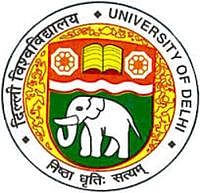



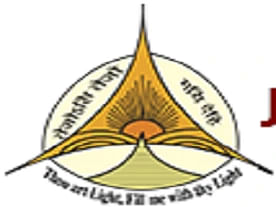

















































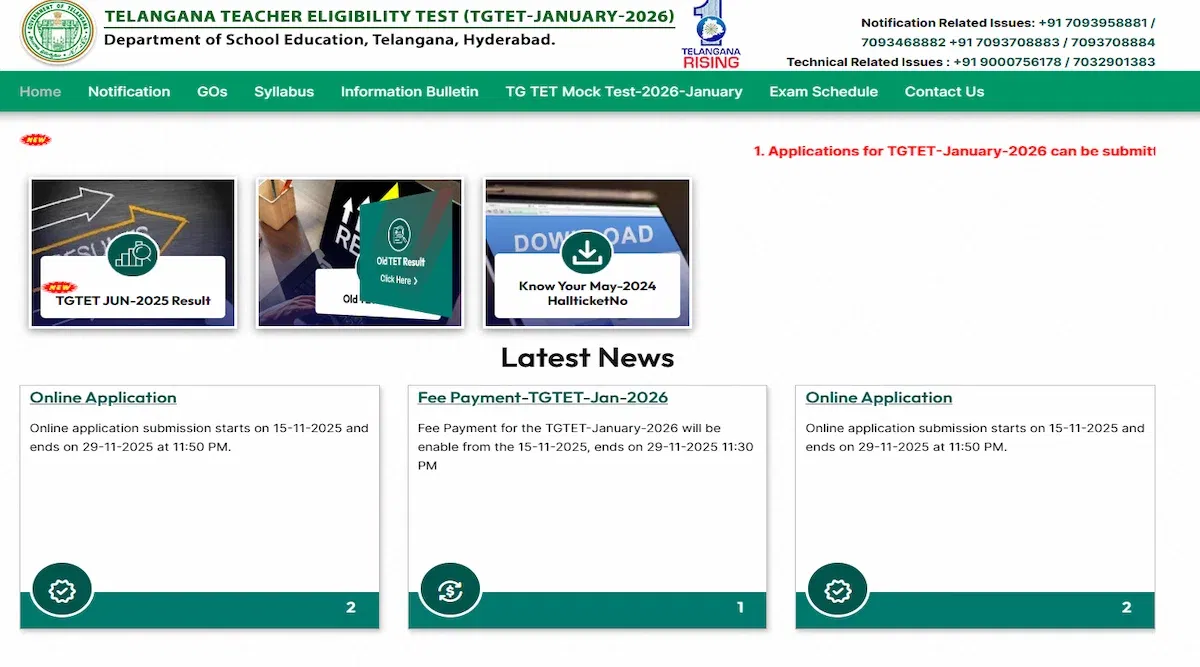
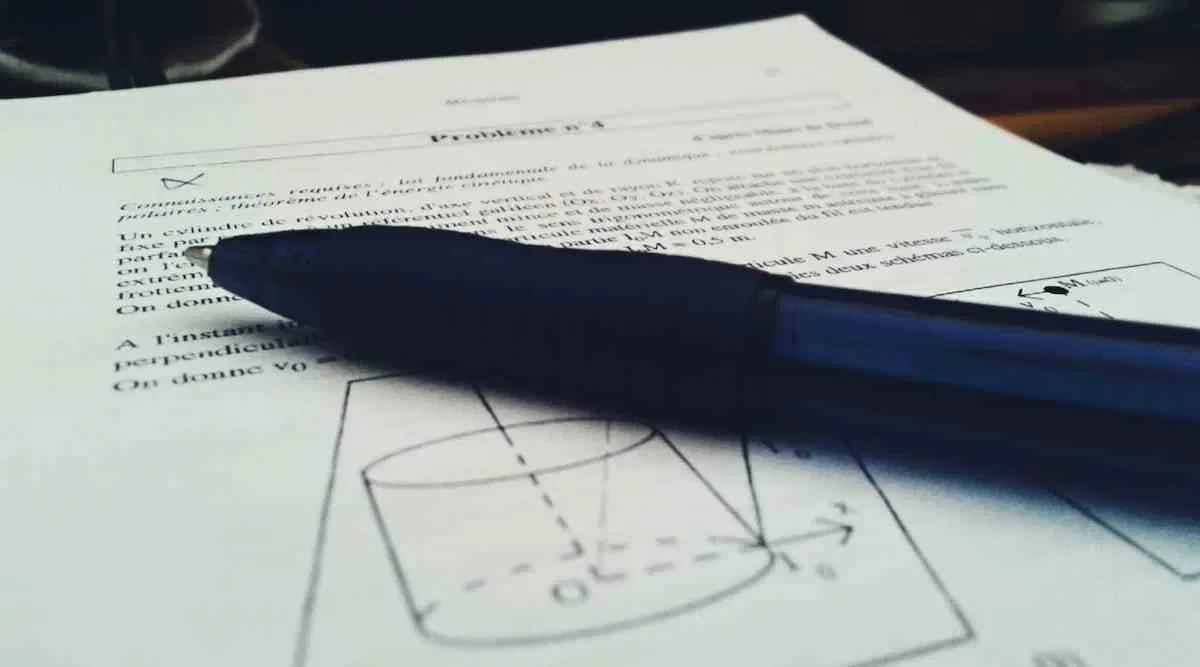
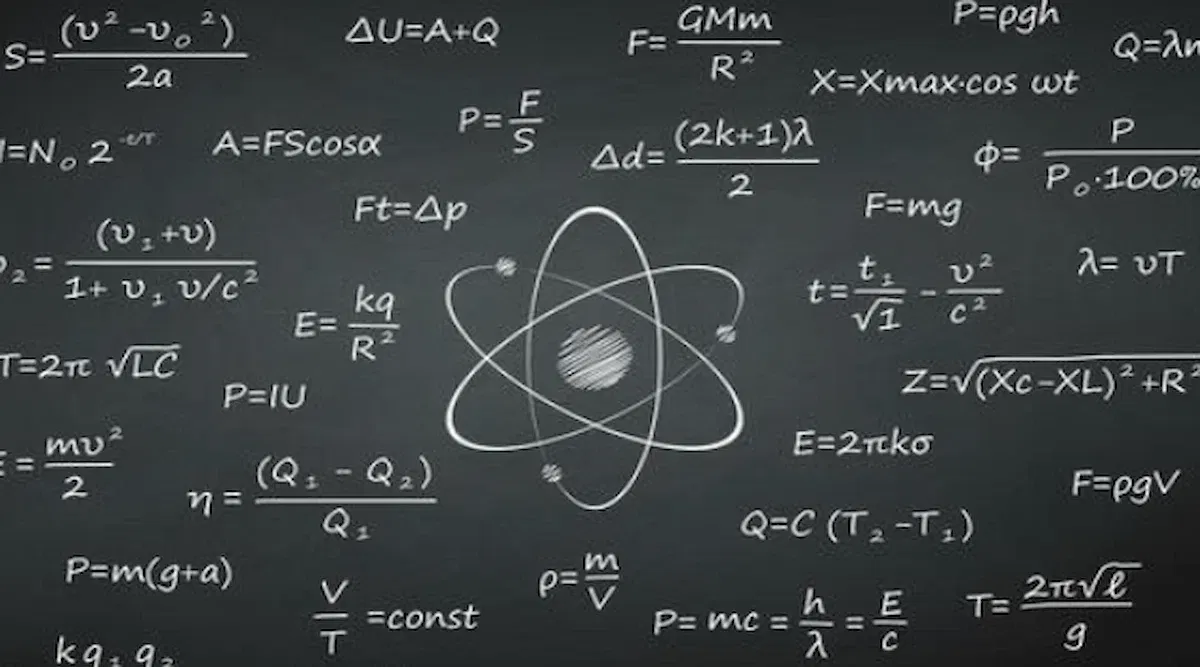
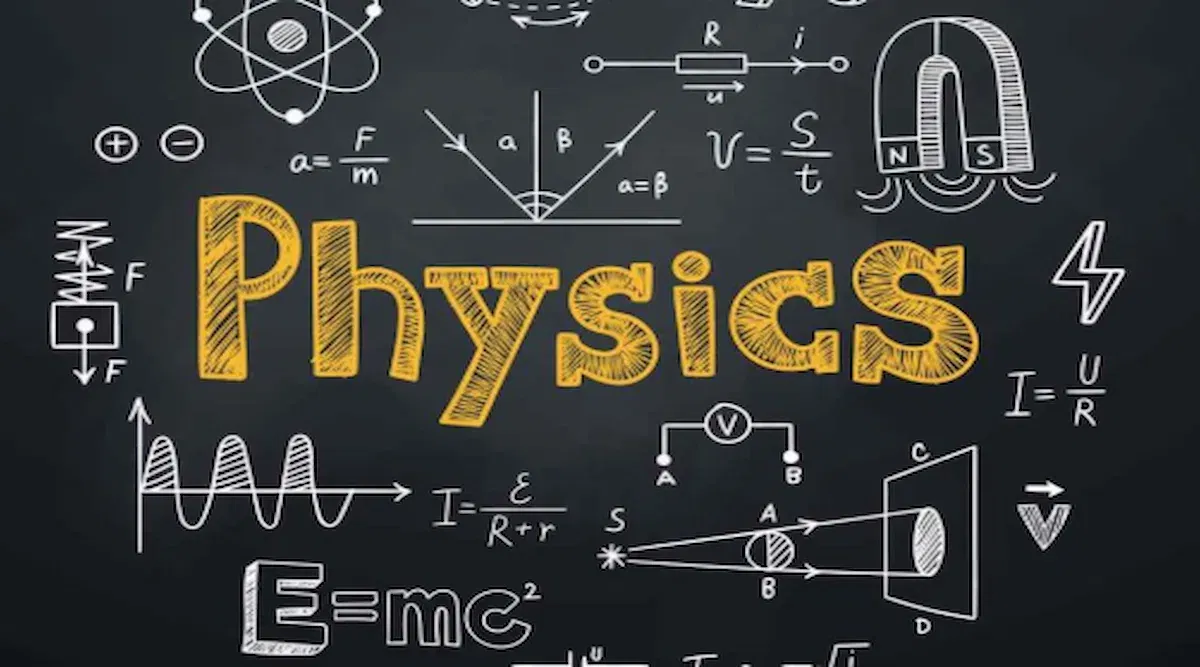

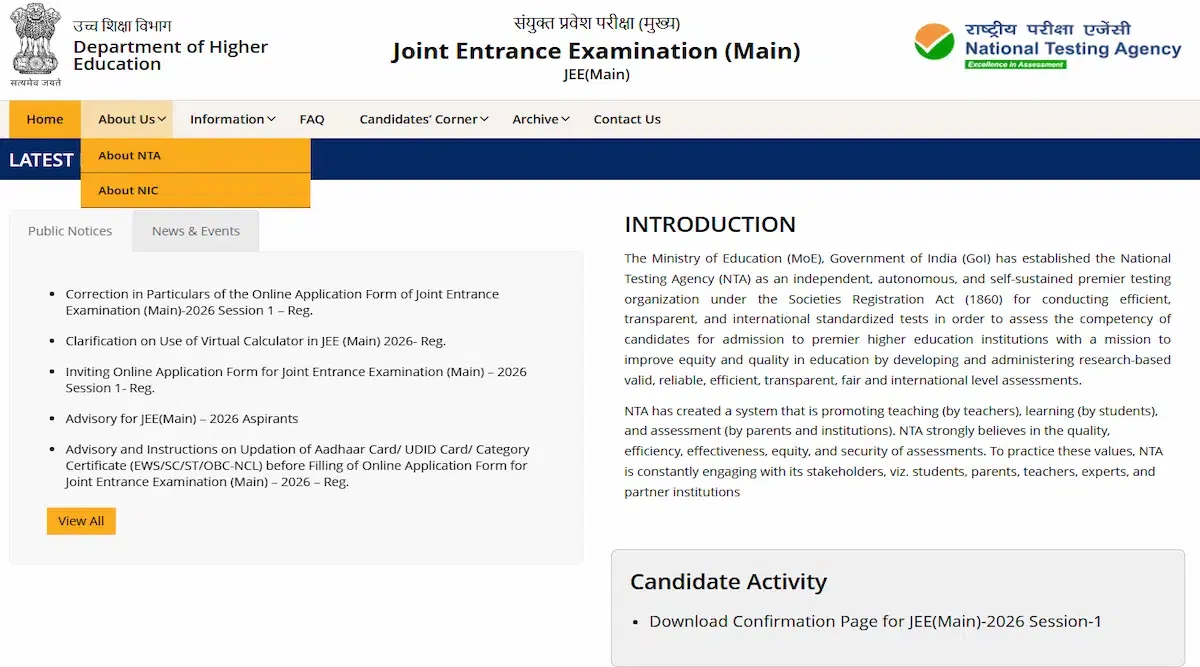

POST YOUR COMMENT